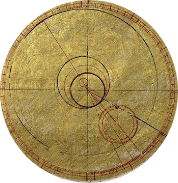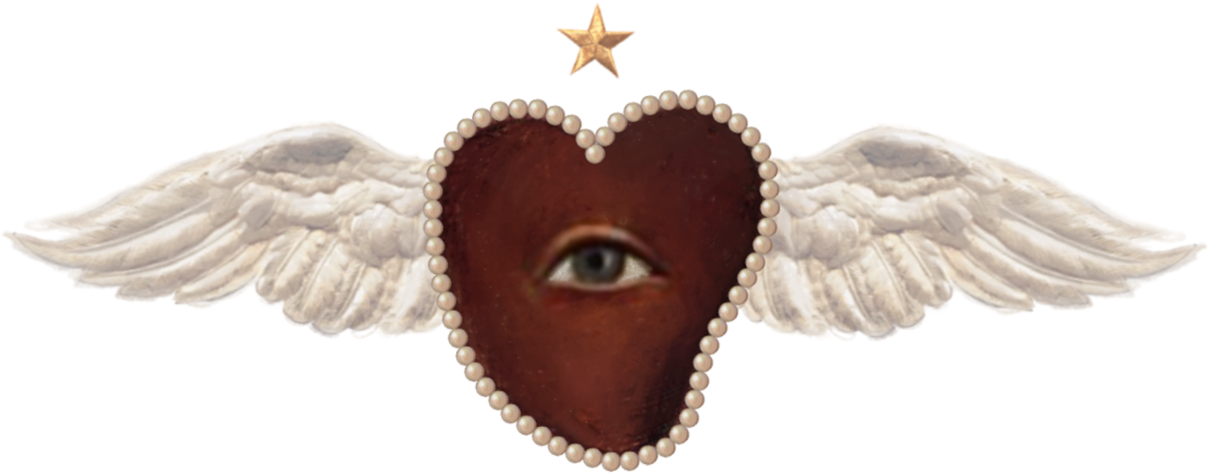From childhood onward, he pondered the more profound questions concerning the meaning of life 6 . Having been confronted with the death of his father and brother at the age of five made deep imprints 7 upon his young mind and served as a decisive factor in Nietzsche’s early doubt about Christianity’s God. A lot has been written about how Buddhism held an enormous interest for him.
According to Nietzsche, Buddhism emphasises the study of the self, the nature of our minds, without one single focus on a supreme being. To him, an institutional god was dead and he urged others to challenge any idea that was religiously shared by any group.
“I would believe only in a God that knows how to dance”
Like the true Libra that he was, he saw it as his task to prescribe morality for the collective consciousness, to reevaluate what is good and what is just. His inquiring mind 8 led him to contemplate the
Übermensch, the Superman archetype; the self-overcoming
man that creates something beyond himself; a superior man who transcends
morality and breaks free from the chains of society.
Once this superior man has set his new values apart from dominant institutions, he strives for sovereignty, he directs his desires and doesn’t succumb to them. Above all, 'Amor Fati.' 9, he loves his fate, be that good or bad.
In Nietzsche’s opinion, this was the Übermensch or the superior man: continuous creation, reflection, and overcoming of the self. The superior man is dedicated to the advancement of society, he lives by his own set of moral codes and purpose. He is aware of the suffering of existence and his animalistic instincts, but he transcends them to help improve and heal humanity 10 11
"the individual has always had to struggle to keep from being overwhelmed by the tribe. If you try it, you will be lonely often, and sometimes frightened. But no price is too high to pay for the privilege of owning yourself.”
What makes this aspect of Nietzsche’s thought all the more interesting is that we don’t usually think of him as a “spiritual” philosopher. But the story of metamorphosis from a regular man to a superior man with exhilarating powers is nothing if not an experience of spiritual transformation.
“one must have chaos in oneself to be able to give birth to a dancing star”.
His academic career was marked by a number of dazzling successes 12 . He produced some of the boldest, most sublime, most thought-provoking books ever born out of the human brain and heart.
It is more than tempting to think that the fundamental concept of his work was to honour the spirit of life. And how did Nietzsche honour the spirit of life? By freeing himself from the mental tyranny of 19th-century society and by discovering what is important and true 13. He published his first philosophical work at the age of 28. What was this book about? Tragedy, of course, radical thoughts which came from a radical spirit.
During his brief career in the military, he contracted several diseases that would affect his health for the rest of his life, leaving him bedridden and in pain for days. During this time, Nietzsche liberated himself from the confines of Christianity and started searching for something to replace it. He found art and fell in love with music 14.
“the voice of beauty speaks softly; it creeps only into the most fully awakened souls”.
In the musical experience, he discovered he could transcend his earthly miseries and feel complete, if only for a few moments. He found opera profoundly moving and identified with the suffering of the protagonists in each narrative. Carrying the imprints of his pain and limiting his friendship to those who held the same beliefs 15 16. He led a mostly solitary life.
“I am a forest, and a night of dark trees: but he who is not afraid of my darkness, will find banks full of roses under my cypresses”.
The only romantic love of his life 17 18 was a brilliant young philosophical prodigy, Lou Andreas Salomé, who went on to become the first woman psychoanalyst. Besides her beautiful looks, he loved her for her shrewdness and bravery. He proposed to her, having met her only three times, and was rejected 19. Disappointed in love but not surprised. According to accounts, romantic love would always seem to trigger his deeply buried shadow side – fear and resentment towards the feminine 20. For solace, Nietzsche would immerse himself in his work.
“I know my fate. One day my name will be associated with the memory of something tremendous – a crisis without equal on earth, the most profound collision of conscience, a decision that was conjured up against everything that had been believed, demanded, hallowed so far. I am no man, I am dynamite”
To this day, his works continue to influence philosophy, psychology, and the world of literature and art. Avant-garde figures such as Albert Camus, Michel Foucault, Sigmund Freud, Franz Kafka, Hermann Hesse, Carl Jung, Rainer Maria Rilke, Jean-Paul Sartre, George Bernard Shaw, William Butler Yeats Salvador Dalí, Wassily Kandinsky, Mark Rothko have all acknowledged Nietzsche as an inspiration.



